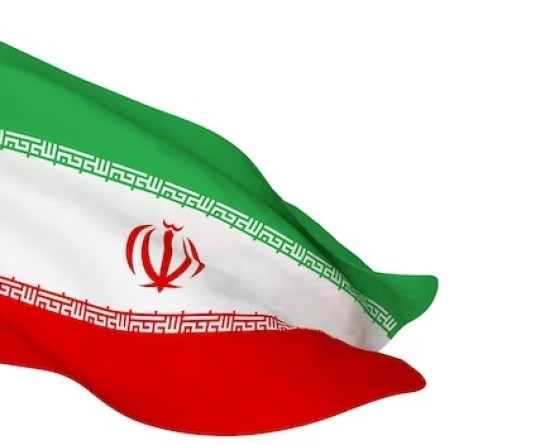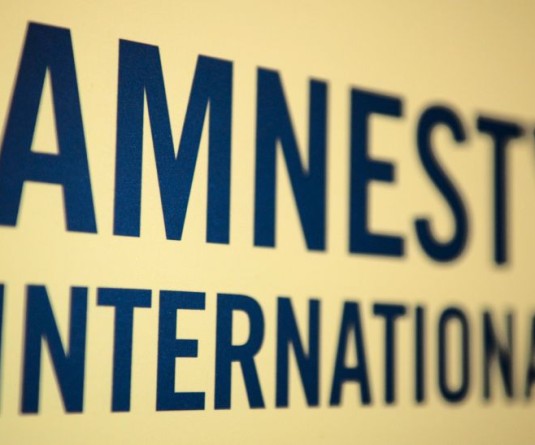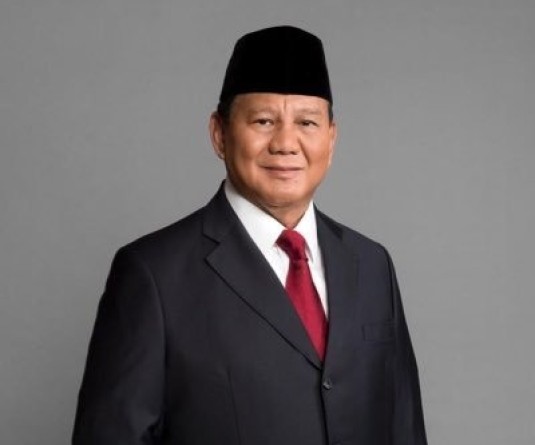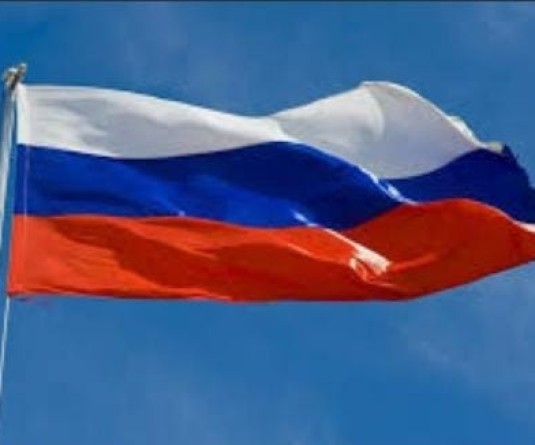Iran authorities refuse to confirm number of fatalities in protests
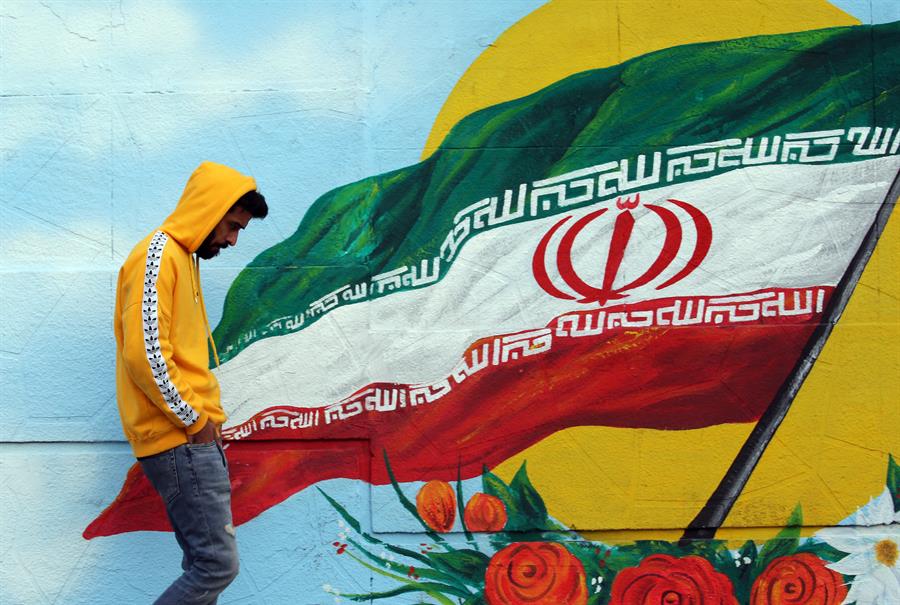
An Iranian walks next a wall painting of Iranian national flag, Tehran, Iran on November 17, 2019. (EPA-EFE File Photo)
Tehran, December 1 (EFE-EPA): The president of the Iranian Parliament on Sunday refused to confirm the number of people that had died in recent protests.
According to Amnesty International (AI), at least 161 protesters have died.
When asked Ali Larijani at a press conference how many had died he replied that the "security apparatus will continue to follow this issue as it is their duty."
"Some people were injured and had problems, houses were burned and there was damage," the Iranian official said.
Protests broke out across the country in mid-November over a hike in fuel prices.
In its most recent report, AI said at least 161 had died and warned that the number of deaths is likely to be significantly higher.
Since the authorities lifted a digital blockade on Internet access over a week ago, videos of the brutal repression of the security forces have flooded social networks.
Many Internet users have been posting a map of Iran in black with the caption Aban's voice, a reference to the eighth month in the Persian calendar when protests kicked off.
Despite the brewing discontent, Larijani blamed on Sunday certain groups who he said were taking advantage of the chaos and used firearms and white weapons.
"The country and its constitutional laws have no problems with the protests, the problem is when they become violent behavior," he said.
The protests began after the government's decision to raise the price of gasoline between 50 and 300 percent.
A social backlash ensued which soon morphed into a movement against the authoritarian nature of the country's theocratic regime.
Iranian authorities have not assumed any responsibility in the violent repression of protests and have instead accused countries like the United States and opposition groups in exile of instigating the riots.
Tensions with the US were already mounting before the unrest, particularly after Washington withdrew from the 2015 nuclear agreement and re-imposed sanctions on Iran.
"The policy of maximum pressure is an erroneous method and they have to change it.
"We have not closed the doors but Americans should understand that it is not the right way," Larijani said.
In response to sanctions, Iran has breached some of its agreement commitments, including uranium storage and enrichment limits, although it continues to cooperate with the International Atomic Energy Agency ( IAEA).
Amid the possibility of Europe imposing sanctions on Iran again, Larijani criticized the EU for always bowing to lobbies.
"If Europeans use the dispute resolution mechanism, Iran will have to reconsider some of its commitments to the IAEA," the president of the Iranian parliament, who after 12 years in office will not stand as a candidate in the next elections, added.
Parliamentary elections have been slated for February 2020 and the registration of candidates began on Sunday at the headquarters of the Ministry of Interior.


